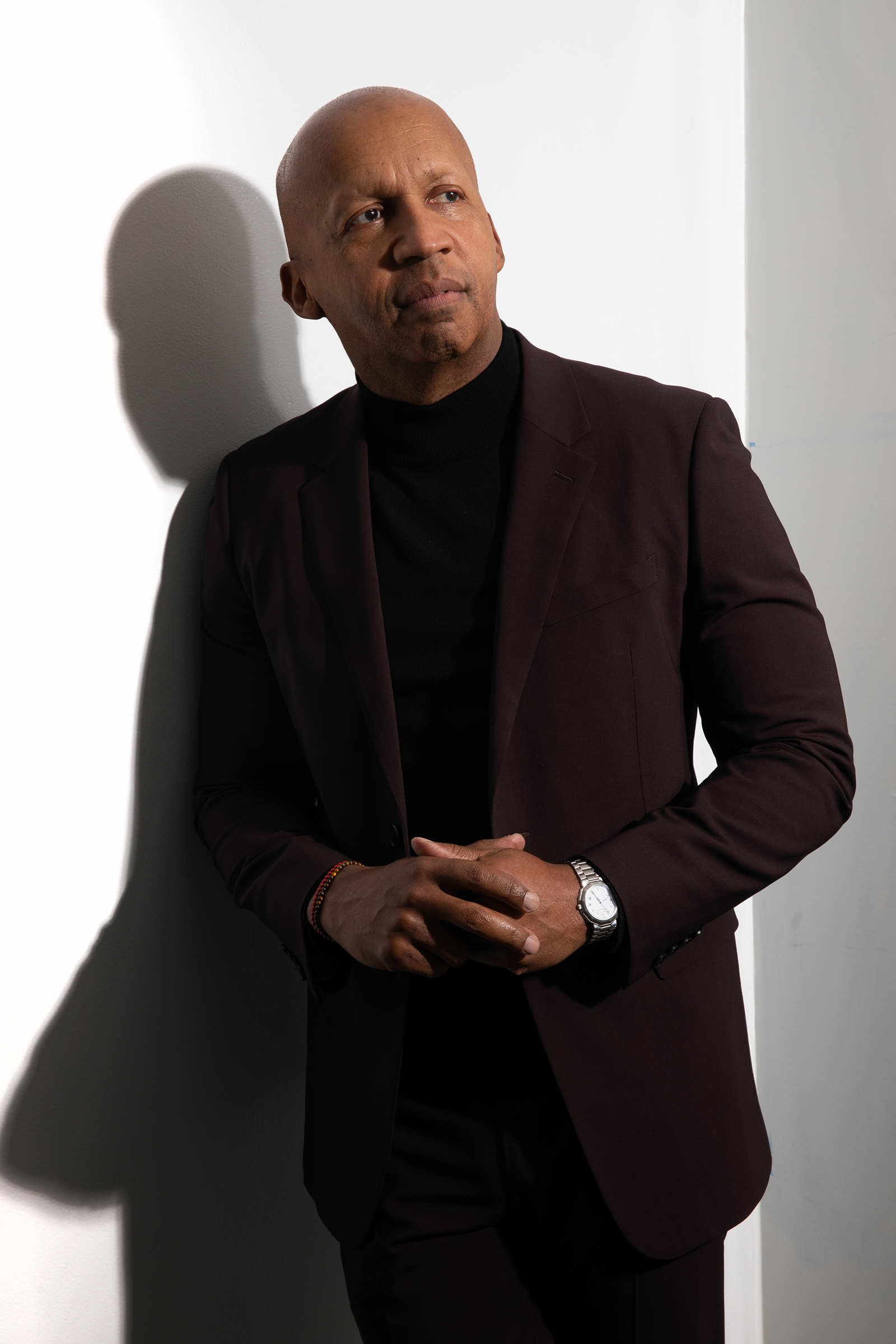


The Fountain Fund, an organization that provides low-interest loans and financial coaching to formerly incarcerated people, helping them build credit and achieve their self-determined goals. To do this, simply donate to the law school and designate your gift for the “Innocence Project” in the memo line/“gift designation or special instructions” line, which can be done online or via check. UVA Law Innocence Project, an organization that works to free the wrongfully incarcerated in Virginia.

Plan your own civil rights trip with Freedom Lifted! See more here. These trips offer a powerful retelling of the United States’ history of racial inequality by taking participants through the most consequential sites of the civil rights movement. Go on a civil rights pilgrimage with Charlottesville residents or with The Telos Group. The world premiere will be at 2pm on Novemat Vinegar Hill Theater. “The Lives Between the Lines”, a film documenting the inspiration for and construction of the Memorial to Enslaved Laborers at the University of Virginia. “Just Mercy”, the film adaptation of Bryan Stevenson’s book “13th”, a Netflix documentary that explores the intersection of race, justice, and mass incarceration in the United States. Stevenson’s personal life, while also providing a big picture understanding of the United States' history of racial injustice. “True Justice: Bryan Stevenson’s Fight for Equality,” a documentary that gives a wonderfully intimate look into Mr. How to Fight Racism: Courageous Christianity and the Journey Toward Racial Justice by Jemar Tisby Slate article entitled Tools of Displacement: How Charlottesville, Virginia’s Confederate statues helped decimate the city’s historically successful black communities. Here are a few resources and experiences you might explore as you learn more about our country’s tragic history:Ī timeline of our nation’s history from the sixteenth century to present day.ĮJI’s article on the Charlottesville Unite the Right Rally, entitled Charlottesville Highlights Need to Truthfully Confront Our History. There are many ways to learn, from books and articles to films, visual arts and in person conversations. Check out the full list of Community Partners HERE.īryan Stevenson and the Equal Justice Initiative (EJI) believe that we must truthfully confront our history of racial injustice before we can repair its painful legacy. We also urge you to get to know the wonderful work of the many Community Partners who supported Bryan Stevenson’s talk. Were you touched by what you heard tonight and interested in what you can do next? This guide gives you some ideas on where to start. Looking Forward: Steps for Further Learning and Action


 0 kommentar(er)
0 kommentar(er)
